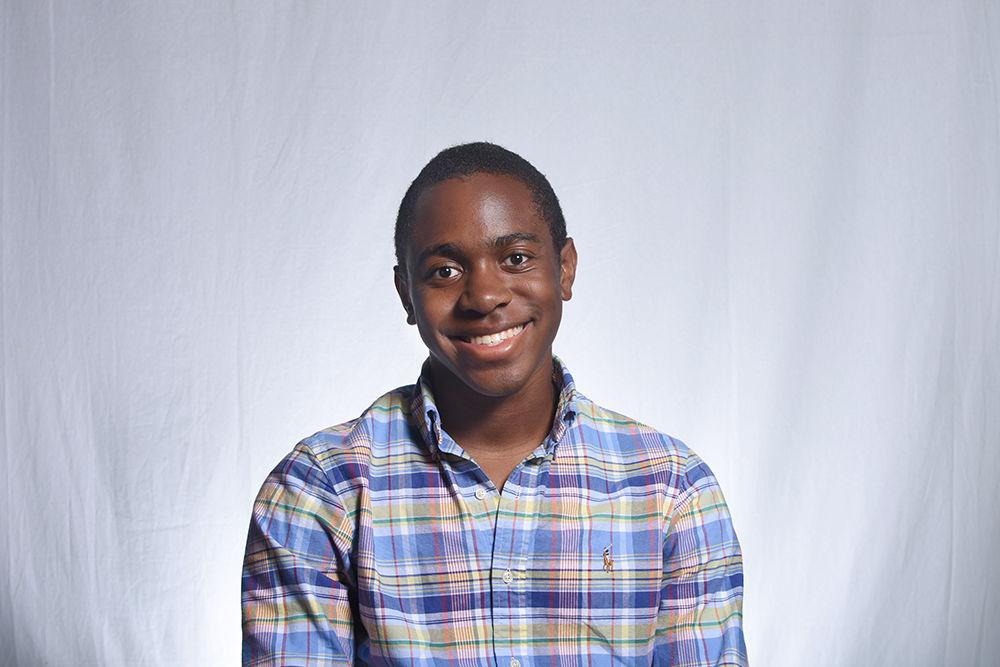The current zeitgeist would lead one to believe that the United States is having a free speech crisis on college campuses. Prominent political figures on the right have been indignant about the perceived treatment of conservative speakers on college campuses.
Charlie Kirk, founder of the college organization Turning Point USA, has stated there are “young patriots and conservatives on campus that support [President Donald Trump’s] agenda that are being ridiculed and silenced because administrators are clamping down on free speech.” However, this furor over college free speech issues seems to be completely unfounded.
A recent study conducted by Georgetown University’s Free Speech Project shows that these criticisms may not be based in reality. The study found that since 2016, only around 60 incidents of free speech being attacked have occurred on college campuses. For reference, there are 133 colleges in North Carolina alone.
In addition to this, the study found out that many of the incidents where freedom of speech was impeded occurred with the some of the same speakers. Inflammatory speakers like white supremacist Richard Spencer and Milo Yiannopoulos, co-writer of the Breitbart article, “An Establishment Conservative’s Guide To The Alt-Right,” are examples of these repeat offenders.
Serious incidents of a speaker’s free speech being attacked do occur. The Free Speech Project uncovered a hidden truth about these types of incidents: many of them are actually plaguing speakers on the left.
These incidents normally go unnoticed because the speakers do not have the same level of public recognition as the inflammatory guests. The ideas of these speakers attract much less attention than their right-wing counterparts because of their relative banality. For instance, a professor at California State University, Fresno, was removed from his position after sending off tweets that criticized the president.
The head researcher of the project, Sanford Ungar, does preface the research by saying it is still preliminary; however, similar studies yield results with similar conclusions. The Niskanen Center, a libertarian think tank, published a study that revealed left-wing speakers being more persecuted for their ideas than right-wing speakers. The study also corroborated the Free Speech Project’s claim that relatively few instances of free speech being attacked occurred at all.
Most universities hold free speech as an integral part of the education gains at an academic institution. With free speech, students are able to have discourse that is required to become a well-rounded individual. Our Free Expression Tunnel is the embodiment of the NC State’s commitment to preserving and fostering freedom of speech on campus.
A look at NC State’s website will show a robust policy outlined for free speech in relation to speakers that come to campus. Here, again, we see the right to free speech affirmed in the university saying, “NC State cannot take away [free speech] or withdraw those resources based on the views of the invited speaker.”
Because there are still incidents where free speech is attacked on college campuses it would be unproductive to say that it is not an issue. The issue, however, is being severely overblown and poorly portrayed. A fair assessment of the problem would say that voices on both the left and right have been targeted on college campuses, but these occurrences are few and far between.
Instead of putting our focus on freedom of speech, we should begin to concentrate our political efforts on a constitutional right that is much more attacked: freedom of assembly. In response to the non-issue of free speech on college campuses our state has begun to crack down on protests.
The NC General Assembly devised legislation last year that made it permissible for universities to end any protests that they believed could “substantially disrupt the functioning of the constituent institution.”
This vague description of what poses as a disruption to a university could allow for protests to be unconstitutionally put to an end. This should ring alarm bells for anyone who is a staunch advocate of free speech, for protesting is merely a form of counter-speech.
Advocates of free speech should take a firm stance to uphold speech for speakers at college campuses, but also for those who disagree with these speakers. After all, it is this type of discourse that is such a vital aspect of the education we receive from our college experience.














